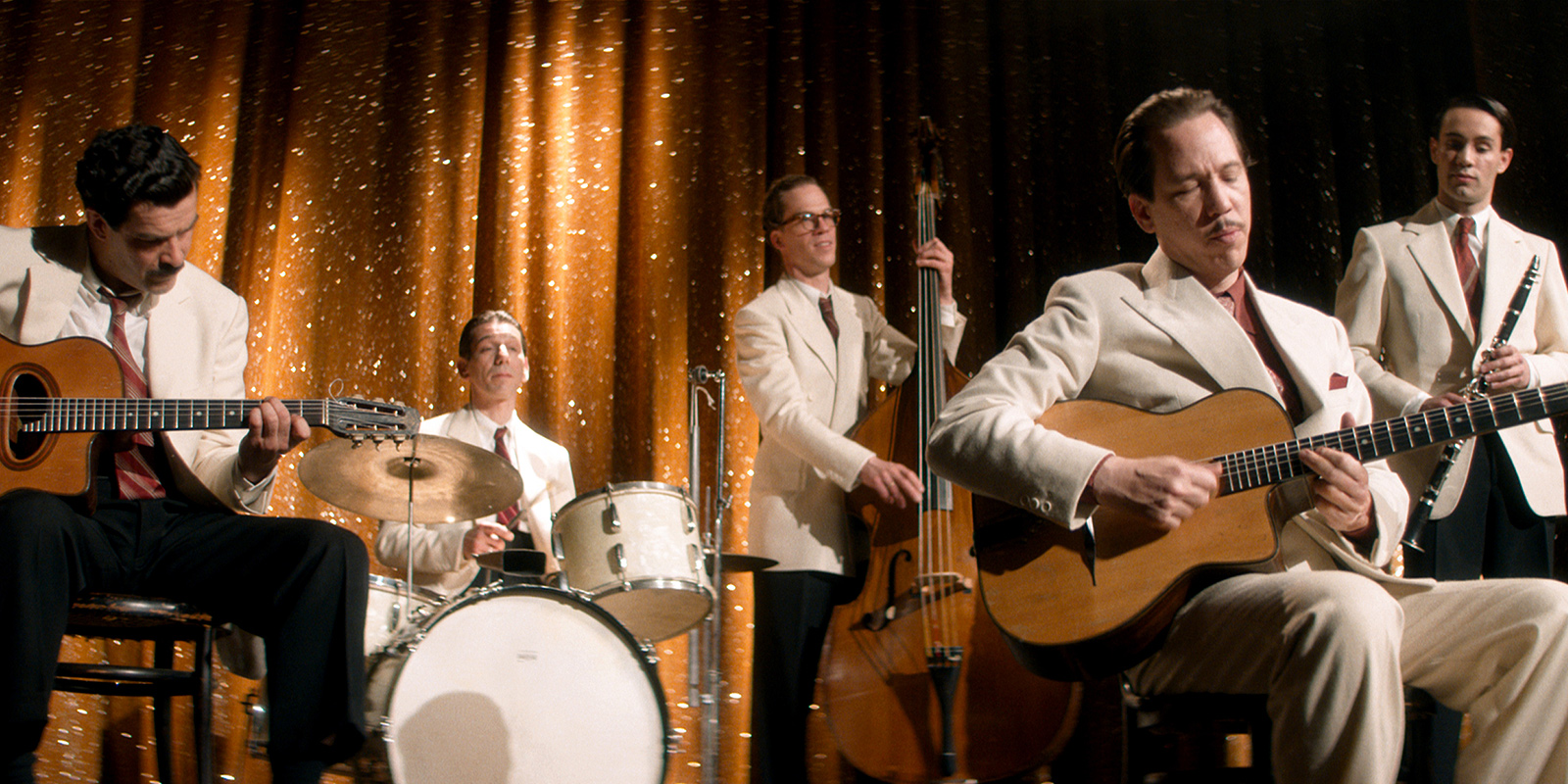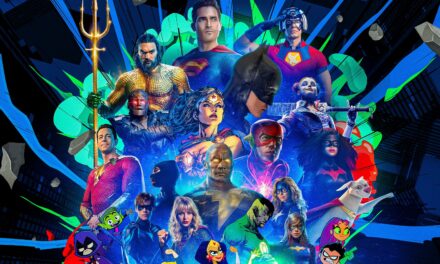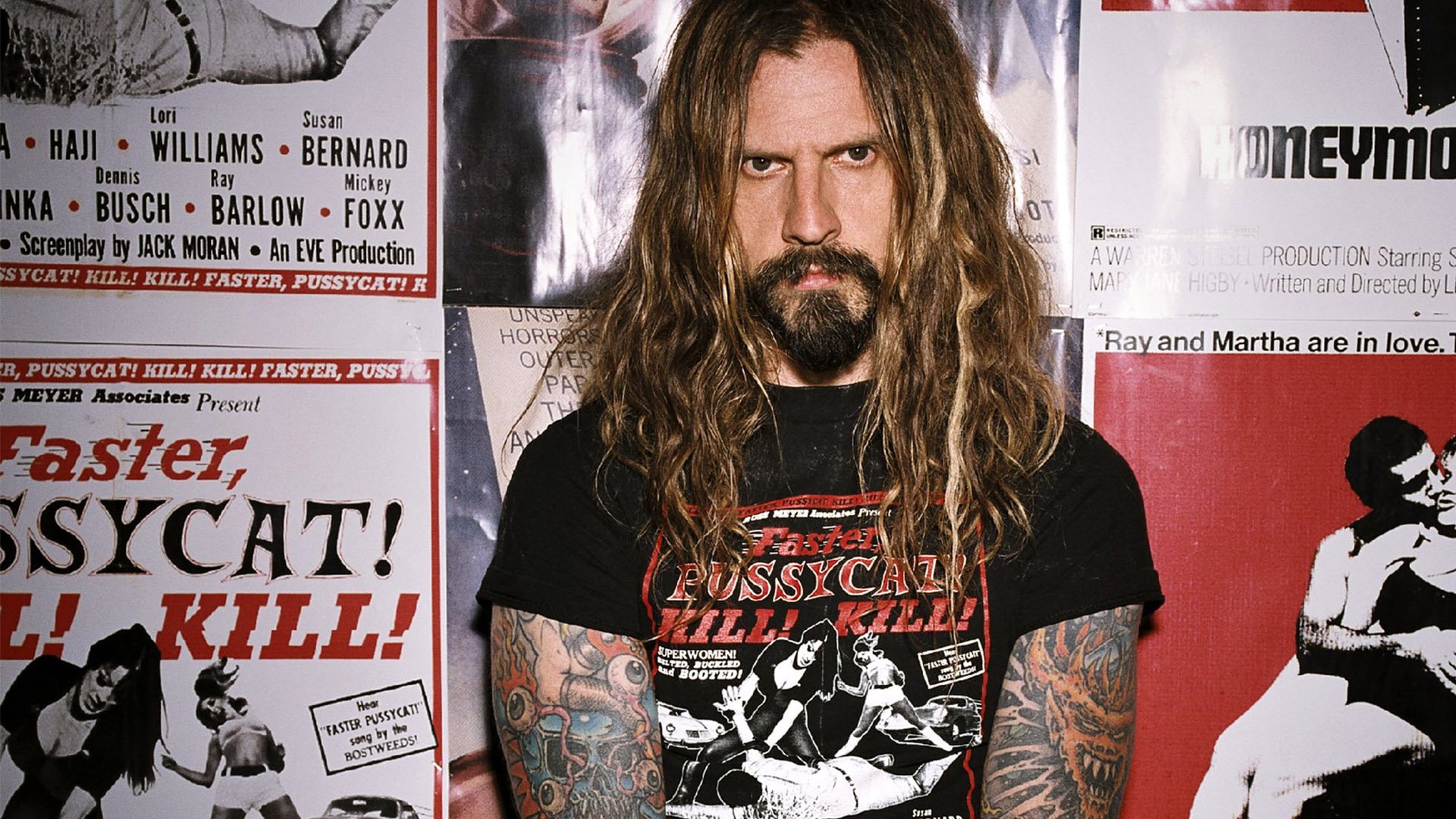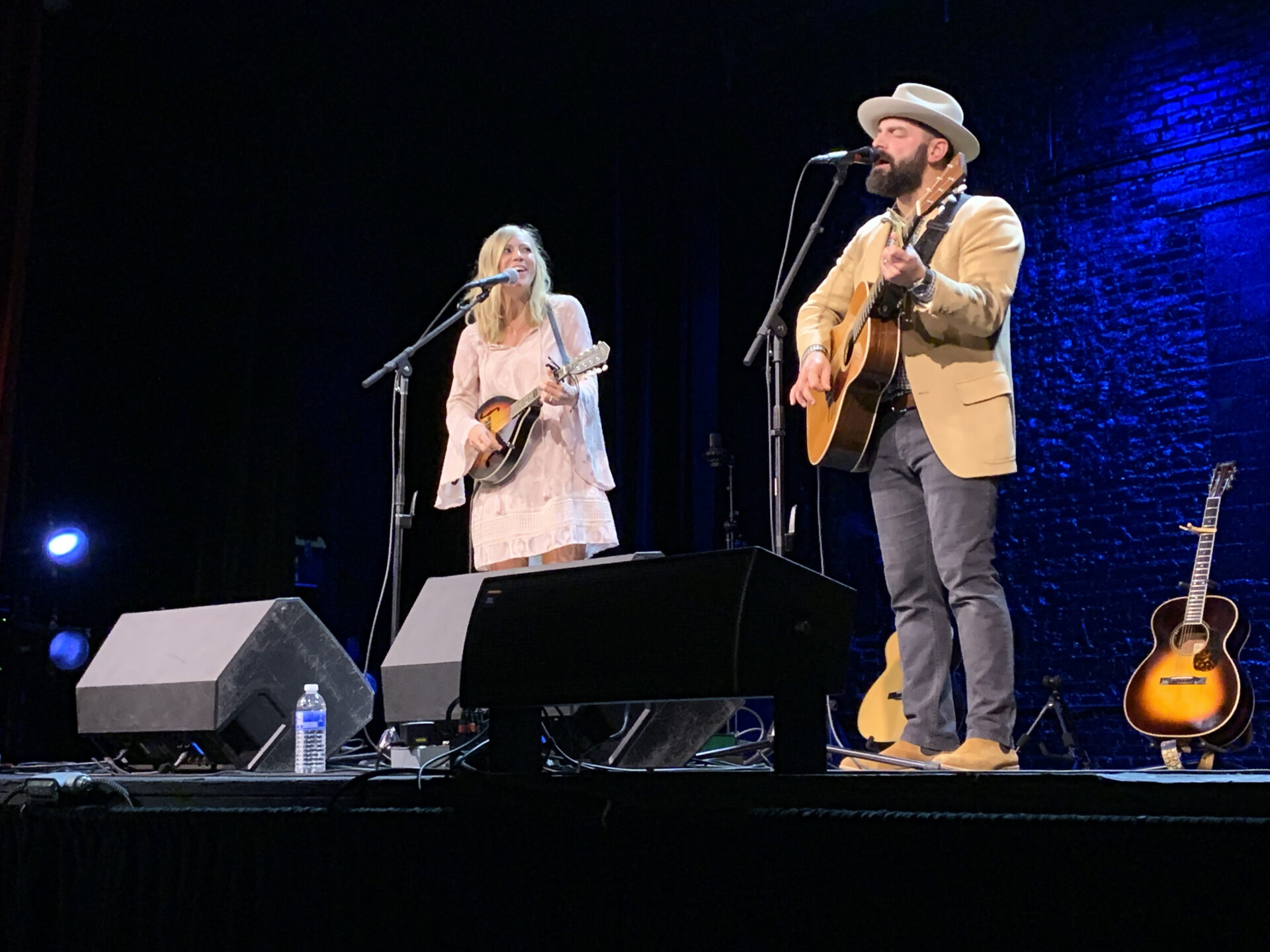The thing about Django is that it’s a movie you’ve seen before. Maybe not about this specific person, and maybe not with these exact plot points, but you’ve seen a million World War II biopics about civilians bravely engaging in acts of defiance against their Nazi oppressors. And there’s nothing wrong with that, particularly now when fascism is feeling less and less like a remnant of a disturbing past. However, for the sake of a film’s artistry, there needs to be something to make a narrative stand out from the crowd, and unfortunately Django just feels played out.
The titular Django is Django Reinhardt (played by Reda Kateb), a French-Romani jazz musician who got by during the German occupation of France through the grace of his musical talent, even though the Nazis had a racially motivated vendetta against jazz music. In order to protect his family, Django tempered his musical eccentricities, but as it became more and more clear that the Romani people would never be safe from Nazi oppression, Django became more involved with the resistance movement, offering his services as a musical distraction while others relayed fleeing refugees and important intelligence.
I have technically spoiled the end of the film here, but this is only because Django’s arc is a narratively predictable one, shifting from self-interested preservation to an acknowledgment of his role to make a difference with his gifts. There are some character specific quirks to Django’s tale—particularly in how the occupying Nazis essentially subjugate Django like a more malevolent version of the town from Footloose—but Django’s path for growth is obvious from the moment the time period, setting, and Django’s disposition are established. This isn’t bad storytelling, and it could very well be accurate to true events, but by this point it isn’t inherently compelling or noteworthy either.
This is in large part because the film never seems all that interested in either establishing Django’s character definitively or painting the Nazis as anything more than a pre-established threat. Kateb delivers an adequate performance, but we never get more than an inkling of who Django is beyond his archetypal role in the narrative. And while we certainly don’t need reminders that Nazis are bad guys, beyond some menacing conversations behind closed doors we never see Django’s and the Romani’s oppressors actually do much oppressing. Emotional investment requires visceral stakes, and Django lets those stakes coast beneath the surface.
It would be going too far to consider Django a bad film. It’s adequate for its aims, and I’m sure that many people will derive entertainment from examining the life of this unsung hero. But Django never seems to find a reason to sing Django’s praises above other resistance fighters beyond his musical talent, which admittedly is quite admirably recreated. We’ve been here. We’ve done this. And I’m sure the memory of Django Reinhardt deserved better than this.













